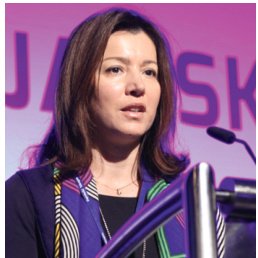One of the most frustrating things for students of English is the abundance of English vocabulary, with the ratio of several English words to one Croatian one. However, in the following case there is only one English word used for three different things. Imagine you are telling someone about the length of godišnji odmor you can take in the summer. What do you call godišnji odmor in English? Holiday. What about državni praznik, is it a holiday too? Indeed, a public holiday or simply – holiday. In British English it is called a public holiday and it always falls on a Monday. And what about praznici for schools and universities? Holiday(s) again. To sum up, the word holiday(s) refers to:
a) a time of rest from school, work, etc. (praznici, godišnji odmor)
b) a period of time spent in a place other than your home, usually for rest and pleasure (godišnji odmor u smislu putovanja)
c) a fixed date determined by state law when people are off work and children do not go to school, etc. (praznik)
An American equivalent for the first two meanings of the word holiday is vacation.
The word leave or annual leave is synonymous with holiday in the sense of being away from work but it is used in a number of specific contexts. For example, soldiers and army officers who want to visit their families or need a few days off for other reasons may apply for a leave (of absence). Leave also means time spent away from work for some specific reason, such as having a baby or being ill. Mothers spending a year at home after giving birth to a baby are on maternity leave. But nowadays there are more and more fathers who opt for paternity leave, especially if the mothers have better-paid jobs. If you get ill and are in full-time employment, you are entitled to paid sick leave.



